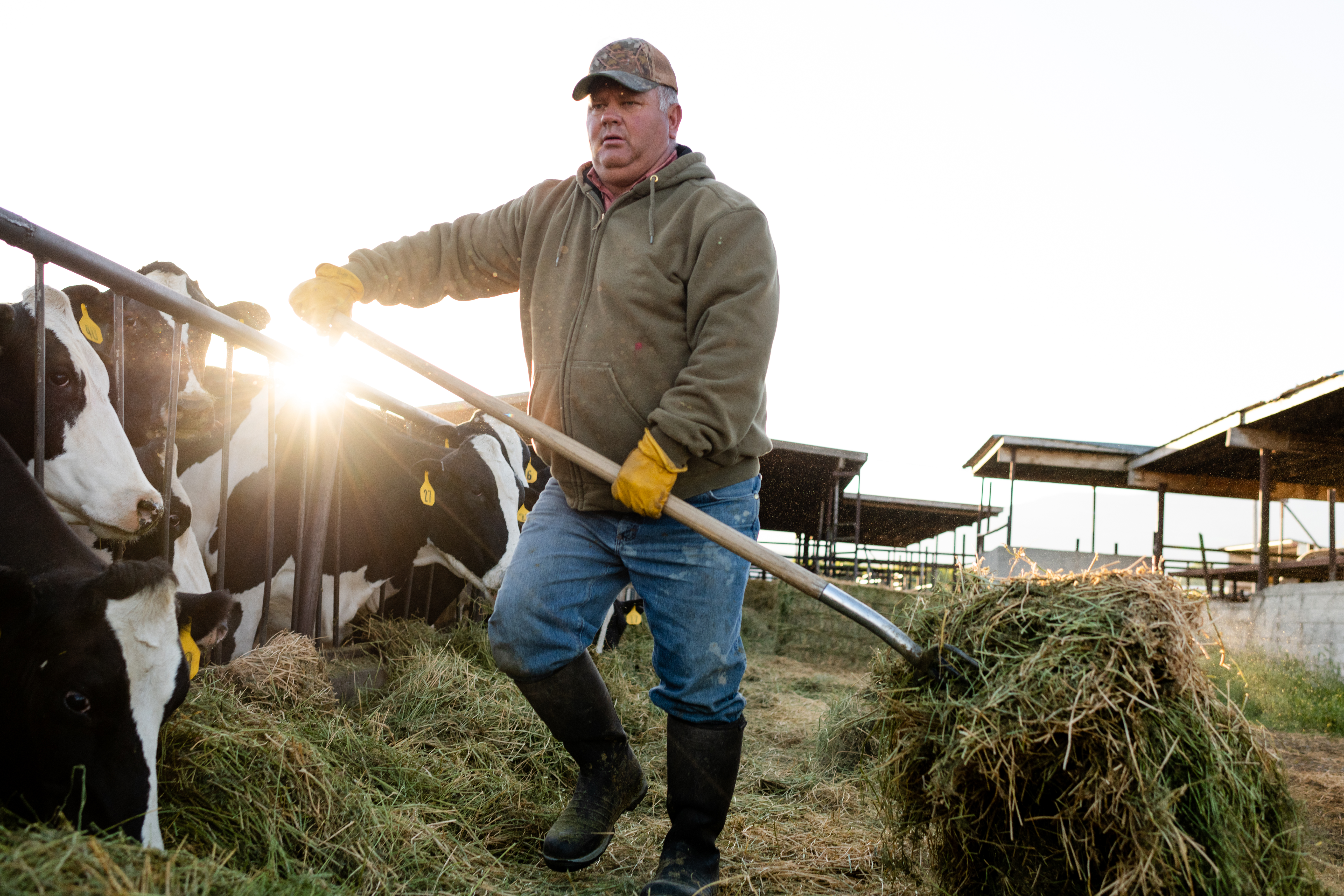2 Dividend Stocks to Buy As Washington Stalls
With a federal shutdown now underway, investments in profitable and dependable companies with everyday demand (and steady dividend payments) can help investors stay grounded.
The federal government officially shut down on Oct. 1 after Congress failed to pass funding, triggering furloughs across agencies and curbing some regulatory activity. But even when Washington goes dark, Americans still buy groceries, pet feed, basic hardware, and pharmacy items. That makes stalwart retailers a sensible place to look for dividends that can compound even during a government shutdown.
Two names fit this bill. Tractor Supply (TSCO 0.55%), the nation’s largest rural lifestyle retailer, serves hobby farmers, ranchers, pet owners, and do-it-yourself homeowners. Kroger (KR -0.23%), one of America’s biggest grocers and pharmacies, sells the daily staples families buy regardless of the news out of Washington.
https://www.youtube.com/watch?v=Zne513iHmYg
Tractor Supply: Resilient demand
Tractor Supply’s latest quarterly update showed steady progress despite a tricky retail environment. Net sales in the company’s second quarter rose 4.5% to about $4.44 billion, with comparable-store sales up 1.5% as traffic and average ticket both improved.
Looking ahead, management reaffirmed full-year guidance, calling for 4% to 8% sales growth and flat to 4% comparable sales growth, while targeting a 9.5% to 9.9% operating margin.
“As we enter the back half of 2025, we remain confident in our outlook … and believe in the durability of our model,” CEO Hal Lawton said.
During Tractor Supply’s earnings call for the quarter, management pointed to momentum in its core needs-based categories like pet and livestock feed that customers buy in any macro backdrop, supporting the idea that this is the type of investment you want to have in your portfolio during times of uncertainty.
And a dependable business translates into a dependable (and growing) dividend. In February, the board lifted its quarterly dividend by 4.5% to $0.23 per share ($0.92 annually), marking a 16-year streak of increases. Additionally, these cash payouts sit alongside ongoing buybacks, which management has employed consistently. Indeed, the company expects it will repurchase between $325 million and $375 million worth of its stock in 2025 alone.
From an investor’s lens, the appeal is simple: The business sells a mix of need-based items (animal feed, fencing, workwear, basic hardware) that hold up when confidence takes a hit.
The risk to watch is big-ticket or seasonal volatility (lawn and garden, for instance, can fluctuate with weather and consumer sentiment); and Tractor Supply is investing in stores and its supply chain, which can pressure margins if sales growth fails to live up to management’s expectations.
Kroger: Everyday essentials
Similarly, Kroger’s second quarter of fiscal 2025 showed how spending on staples can power through uncertainty.
The grocery chain’s second-quarter same-store sales excluding fuel rose 3.4%, while e-commerce sales climbed 16%. Management said its sales growth for the quarter was led by pharmacy, e-commerce, and fresh categories — everyday essentials.
Additionally, Kroger nudged its full-year fiscal 2025 guidance higher in Q2. Management is now expecting same-store sales growth of 2.7% to 3.4% and adjusted earnings per share of $4.70 to $4.80 for the year. This is up from previous guidance for same-store sales growth of 2.25% to 3.25% and earnings per share between $4.60 and $4.80.
For dividend investors, there’s good reason to cheer. First, the board approved a substantial 9% increase to its quarterly dividend (its 19th straight year of dividend hikes) in June. Second, the company’s capital return program is backed by an aggressive share repurchase program; after entering into a $5 billion accelerated share repurchase program during the fourth quarter of 2024, the company is on track to exhaust this authorization during the current quarter. After this accelerated share repurchase program is exhausted, Kroger expects to resume open-market buybacks under its remaining authorization: $2.5 billion more.
Despite selling everyday essentials, Kroger’s model isn’t without risks. Grocers face price competition, shrink, and pharmacy reimbursement pressure.
As investors look for calm amid a political storm, Tractor Supply and Kroger offer essential products, tested playbooks, and dependable dividends that don’t depend on perfect conditions.
Sure, with price-to-earnings ratios of approximately 27 and 16 for Tractor Supply and Kroger, respectively, neither stock is a screaming bargain. However, for adding reliable income to a portfolio while Washington sorts itself out, these are solid options worth considering. After all, shareholders essentially get paid to own these stocks. Tractor Supply has a dividend yield of 1.6% and Kroger’s sits at 2.1%.


